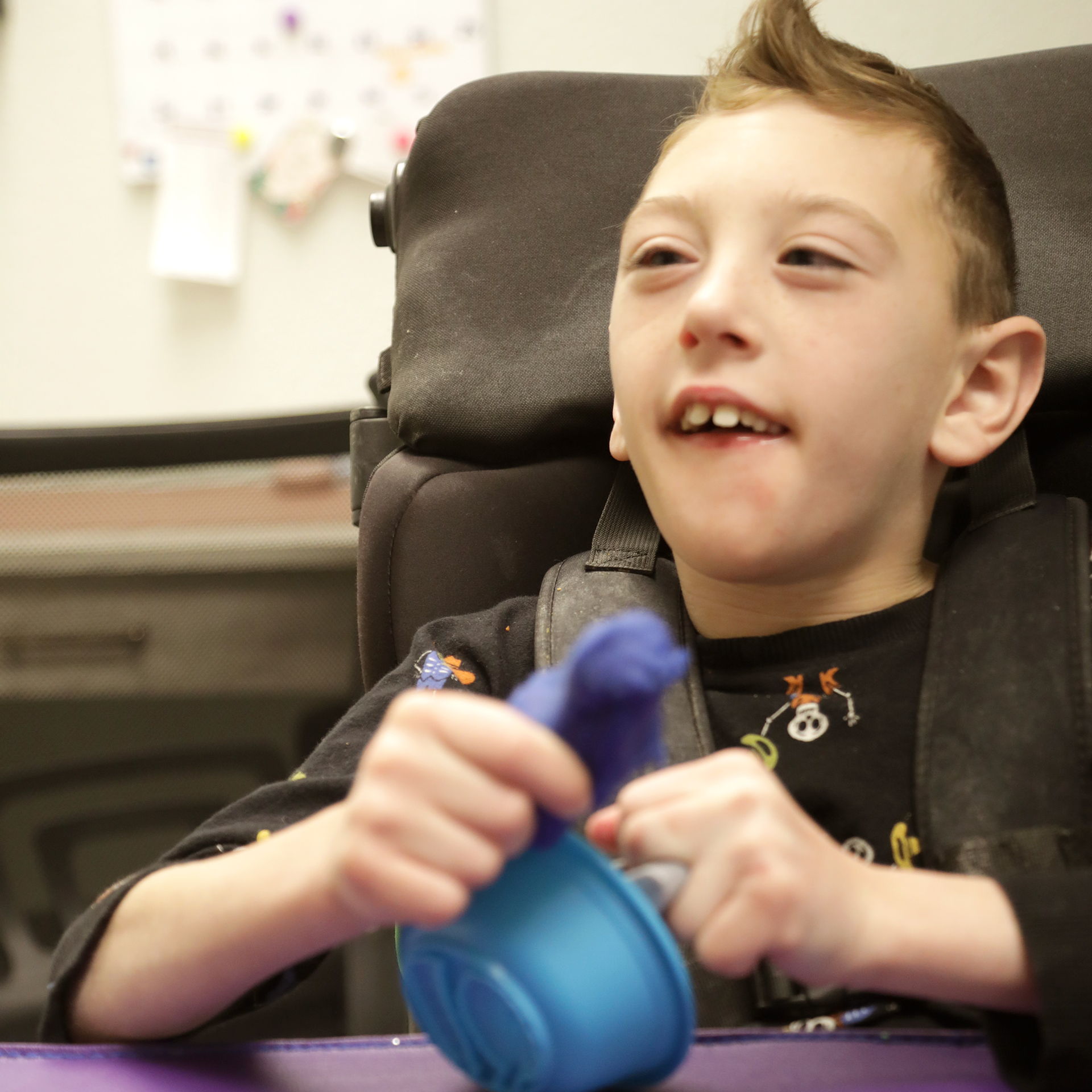RBT Certification Cost


Understanding the Cost of Becoming a Registered Behavior Technician
Navigating the path to becoming a Registered Behavior Technician (RBT) involves several considerations, with costs being one of the most crucial. Prospective RBTs often evaluate the financial aspects to ensure alignment with their career goals and budget. This article breaks down the various expenses associated with obtaining RBT certification, providing a comprehensive view of the total financial commitment required. From initial training fees to ongoing certification renewal costs, we delve into each component to help you make an informed decision about your certification journey.
Breaking Down the Costs of RBT Certification

How much does RBT certification cost?
The cost of obtaining RBT certification typically ranges from $100 to $400. This range includes the completion of a 40-hour training course, along with a $50 application fee required for the certification process. Additionally, candidates should prepare for an exam fee that generally falls between $50 and $100.
Initial 40-hour training costs
The initial training costs can vary significantly. Many training programs are available online or in-person, with prices ranging from $29 per week at Autism Therapy Career College to $99 at Relias Academy, and $69 at Behavior University. Some programs even offer free training options, making it financially accessible for diverse candidates.
Application fee
To apply for certification through the Behavior Analysis Certification Board (BACB), candidates need to pay a non-refundable application fee of $50. This fee is crucial for processing the application.
Exam fee
After completing training, candidates must sit for the RBT exam, which incurs a fee of approximately $45. If a candidate needs to retake the exam, a $35 retake fee applies for each attempt.
Additional costs and their variations
Additional expenses may arise during certification, such as costs for study materials or preparatory programs, which vary based on the provider. Candidates should also consider ongoing costs, including a renewal fee of around $45 per year and 20 CEUs needed every two years, costing between $200 and $1,000.
Overall financial planning for certification
Overall, careful financial planning can keep the initial costs under $100, especially if leveraging low-cost training options and employer support. Although becoming certified involves upfront investment, RBTs frequently enjoy higher salaries and better job prospects, making certification financially worthwhile.
Affordable Learning Paths: Training Programs and Their Costs

Comparison of Training Program Costs
When pursuing RBT certification, understanding the costs associated with training programs is essential. Typically, the expense for these programs ranges from $100 to $500. Online options offer diverse pricing structures, with providers such as Autism Therapy Career College charging $29/week, Relias Academy at $99, and Behavior University at $69. These alternatives cater to different budgets, allowing candidates to choose a suitable path based on their financial situation.
Free Versus Paid Programs
There are various ways to approach RBT training, including free or low-cost courses. Many potential candidates may find free 40-hour training programs online, which can significantly reduce overall costs. By opting for these alternatives, candidates can keep their expenses as low as $100, combining the training with a $50 application fee and a $45 examination fee.
Impact of Employer Partnerships on Cost
Many employers in affiliated ABA therapy businesses offer additional support by providing free or reduced-cost training opportunities to their employees. This partnership not only helps in easing financial burdens but also encourages staff development, making the certification process more accessible for individuals involved in behavioral analysis.
Ultimately, through careful consideration and planning, candidates can navigate the certification landscape and find affordable training programs tailored to their needs.
The Financial Impact of Ongoing Certification Requirements

Renewal fees and schedule
To maintain RBT certification, each candidate must renew their certification every two years. The renewal process incurs a fee of approximately $45. This fee is essential for maintaining active status and ensuring compliance with service standards set by relevant bodies.
CEU requirements and costs
RBTs are required to complete 20 Continuing Education Units (CEUs) every two years. This requirement helps ensure practitioners stay updated on the latest practices in behavior analysis. The cost of CEUs varies, generally ranging from $10 to $50 per credit hour, impacting the overall financial commitment for ongoing education.
Budgeting for ongoing professional development
When budgeting for the RBT certification process, candidates should consider both renewal fees and CEU costs. Proper financial planning can minimize expenses, especially by exploring low-cost training options that may be available through employers affiliated with ABA therapy. Understanding these ongoing costs can significantly help in maintaining certification without unexpected financial strain.
Planning Your Path to Certification

Importance of financial planning for RBT certification
Acquiring RBT certification can be a beneficial yet financially demanding journey. With the overall cost ranging from $100 to $800, it is essential to budget wisely. This encompasses training program fees, application costs, and exam expenses. Proper planning helps prospective RBTs understand what they need to spend and avoid unexpected expenses during their certification process.
Tips for managing certification costs
- Explore various training programs: Numerous training options exist, including online choices like Autism Therapy Career College and Relias Academy, with weekly fees as low as $29.
- Free training opportunities: Some affiliated businesses offer free or low-cost training to employees, significantly reducing financial burdens.
- Assess additional fees: Be mindful of application fees ($50) and exam fees ($45), as these are regular costs that add up quickly.
Strategic financial support options
Consider applying for scholarships or financial aid aimed at professionals entering the ABA field. It is also wise to explore group discounts for training programs or discuss potential support through employers for costs of continuing education units (CEUs), which can range from $10 to $50 per hour. By taking these measures, candidates can ensure that they remain within their budget while pursuing their RBT certification.
What to Expect from the Certification Process
Overview of the Certification Timeline
Obtaining your Registered Behavior Technician (RBT) certification involves several key steps. Candidates must first complete a 40-hour training course that includes essential knowledge and ethical practices outlined in the RBT Task List. Following the completion of this course, candidates can take the RBT exam, which tests their understanding of behavioral interventions and strategies. Once the exam is passed, an additional step involves finishing 40 hours of supervised training under the guidance of a Board Certified Behavior Analyst (BCBA). Overall, many individuals can complete this entire process in less than a month.
Key Steps to Become Certified
- Complete Training: Enroll in a 40-hour RBT training course, which can vary in cost but might be offered for free or at a low fee.
- Prepare for the Exam: Study for the RBT exam, considering additional resources or preparatory programs as needed.
- Pass the Exam: Schedule and pass the RBT exam, with associated fees usually ranging from $45.
- Finish Supervised Training: Complete the required supervised training hours under a BCBA.
- Pass the Competency Assessment: This evaluation examines practical skills and application of knowledge in real-life scenarios.
Expectations from Training to Examination
Throughout the certification process, candidates should brace for varying costs associated with different elements of their training. The application fee is typically around $50, while exam fees range from $45 to $100. Some may also need to invest in preparatory materials, which can lead to extra expenses.
Upon certification, RBTs are required to undergo renewal every two years, which involves maintaining a continuing education requirement of 20 CEUs, costing between $10 to $50 per credit hour. Proper planning can ensure that the total expenses stay manageable, potentially keeping everything under $100 if utilizing free training options and budgeting effectively.
Evaluating the Value of RBT Certification

Is RBT certification worth the investment?
RBT certification is typically viewed as a solid investment for anyone pursuing a career in applied behavior analysis (ABA). This credential not only demonstrates the skills required to be a Registered Behavior Technician but also expands job opportunities and lays the groundwork for advancing into higher-level positions like Board Certified Behavior Analyst (BCBA).
By obtaining this certification, individuals gain practical experience, which boosts both professional competence and adherence to ethical guidelines in behavior analysis. The demand for behavior technicians is on the rise, with average salaries hovering around $36,218, indicating a favorable return on the investment of approximately $245 to $495 for the certification process.
Furthermore, having RBT certification opens doors to various professional development resources, enhancing credibility in the field and potentially leading to greater job satisfaction over time.
Career advancement opportunities
Gaining the RBT certification positions candidates not just for immediate job entry but also sets the stage for career growth within the ABA field. The certification can serve as a stepping stone toward further qualifications, including BCBA certification, which can significantly elevate a professional's earning potential.
Cost-to-benefit analysis
The overall cost of achieving RBT certification ranges from $100 to $400, and this includes various fees such as the application and examination expenses, making it relatively affordable. Given the promising employment landscape and salary prospects following certification, many find the expenses justified when considering their long-term career trajectory.
Long-term career and salary implications
As the need for trained behavior technicians continues to grow, those with RBT certification find themselves in a prime position to capitalize on emerging job opportunities. With the potential for further specialization and advancement, RBTs are not only enhancing their career stability but also improving their salary prospects in a vital healthcare sector.
Final Thoughts: Weighing Your Options and Costs
RBT certification represents a substantial yet worthwhile investment for those aspiring to specialize in applied behavior analysis (ABA). By understanding the various financial commitments involved, from initial training costs to ongoing renewal fees, potential candidates can strategically plan their path to certification. With a range of training programs and financial assistance options available, becoming an RBT is more accessible than ever. As the demand for behavior technicians continues to rise, the return on investment promises not only financial rewards but also career growth and job satisfaction. Therefore, carefully evaluating your options and costs is a critical step in successfully navigating the certification journey.
References
Recent articles

How Pediatric Therapy Helps Kids Thrive across Montana and Wyoming
A supportive guide for families exploring therapy options in Billings, Butte, Missoula or Sheridan.

How to Choose the Right Pediatric Therapy Clinic in Billings, Montana
A Parent‑Friendly Guide To Finding The Best Support For Your Child

Expressive Speech Delay 2-Year-Old
Understanding and Addressing Expressive Speech Delay in Toddlers

How Speech Recognition Works
Unlocking the Power of Speech Recognition in Therapy and Healthcare

Autism and Head Size
Understanding the Complex Relationship Between Autism and Head Size

Occupational Therapy in Autism
Enhancing Independence and Quality of Life Through Occupational Therapy in Autism

